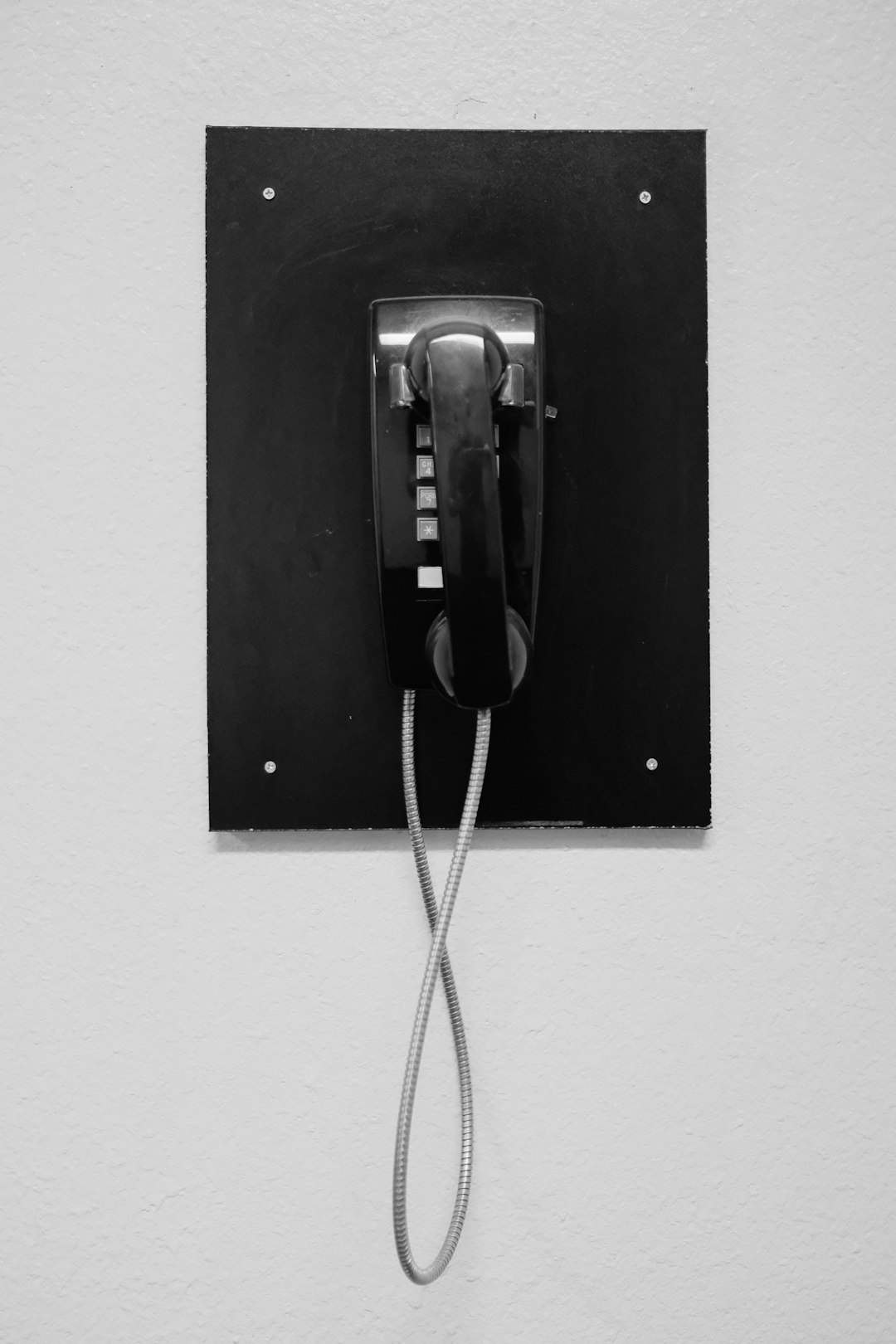Spam calls targeting Maine's seniors from law firms are on the rise, impersonating reputable organizations and pressuring them to disclose personal info. Maine has stringent anti-spam laws enforced by the Maine Revenue Service (MRS), with specialized law firms guiding consumers on legal recourse. Seniors should register for the Do Not Call list, use call-blocking apps, and be cautious of sharing info. These firms combat unwanted telemarketing through legal actions, awareness campaigns, and advice to regulatory bodies.
In the digital age, spam calls have become a growing concern for seniors in Maine. This pervasive issue not only disrupts daily life but also poses significant psychological and financial risks. With an increasing number of unscrupulous callers targeting vulnerable individuals, understanding Maine’s anti-spam call laws is crucial. This article explores strategies to protect seniors, delving into legal frameworks, the role of law firms, and practical measures to combat this nuisance, ensuring a safer environment for Maine’s senior citizens.
Understanding Spam Calls: A Prevalent Issue in Maine

Spam calls have become an increasingly prevalent issue in Maine, particularly targeting seniors. With the rise of automated dialing technology, unscrupulous businesses and fraudulent individuals are able to make millions of calls daily, hoping to catch unsuspecting victims. These unwanted calls often originate from call centers outside the state, making it challenging for law enforcement to trace and stop them.
Maine’s senior population, known for their kindness and generosity, can be especially vulnerable to these tactics. Spam calls often pose as legitimate organizations or government agencies, using intimidating language and pressure tactics to deceive seniors into sharing personal information or providing financial details. Law firms specializing in spam call lawsuits are seeing a surge in cases involving Maine residents who have fallen victim to these deceptive practices.
Impact on Seniors: Psychological and Financial Concerns

Spam calls targeting Maine’s seniors have become a persistent and concerning issue, impacting their well-being in significant ways. The constant influx of unsolicited calls, often from law firms, can cause severe psychological distress among this vulnerable demographic. Seniors may feel disturbed, anxious, or even trapped, especially if the callers employ aggressive tactics to sell legal services or debt relief programs.
On a financial level, these spam calls can lead to costly mistakes. Elderly individuals might fall victim to fraudulent schemes, unknowingly signing up for unnecessary services or providing personal and financial information. As Maine’s senior population continues to grow, it is crucial for law enforcement and regulatory bodies to strictly enforce the Spam Call laws, ensuring that firms operating within the state adhere to ethical practices and respect the rights and peace of mind of Maine’s seniors.
Legal Framework: Maine's Anti-Spam Call Laws Explained

In the face of increasing spam call concerns, Maine has implemented stringent anti-spam call laws to protect its residents, especially seniors. These laws are designed to curb unsolicited phone marketing calls, providing a layer of security for those who often become targets of such nuisance calls. The Maine Revenue Service (MRS) plays a pivotal role in enforcing these regulations, ensuring compliance from businesses and call centers operating within the state or targeting Maine residents.
The spam call law firms in Maine are well-versed in these legal frameworks, offering guidance to clients on how to navigate the regulatory landscape. These laws not only restrict certain marketing practices but also empower consumers with the right to seek redress if they experience harassment or invasion of privacy due to spam calls. By understanding and adhering to these regulations, businesses can avoid penalties and foster trust with their customers, especially seniors who are increasingly aware of their rights in this digital age.
Strategies for Senior Protection Against Unsolicited Calls

Maine seniors are increasingly facing the nuisance and potential dangers of spam calls, prompting the need for effective protection strategies. Given that many scam artists target older individuals, it’s crucial for seniors to be vigilant and proactive in shielding themselves from unsolicited phone communications. One powerful tool is to register on the state’s Do Not Call list, which blocks most marketing calls. Additionally, leveraging technology offers a robust defense; call-blocking apps and devices specifically designed to filter out spam calls can significantly reduce unwanted interruptions.
Further protection involves being cautious about sharing personal information over the phone. Seniors should avoid providing details unless they initiate the call and fully trust the recipient. Engaging with reputable Spam call law firms in Maine that specialize in protecting consumers from fraudulent activities is another strategic move. These professionals offer guidance, support, and legal recourse when necessary, empowering seniors to defend themselves against spam calls effectively.
The Role of Law Firms in Combating Spam Calls in Maine

Law firms in Maine play a significant role in combating spam calls, which have become a growing concern for the state’s senior citizens. These legal professionals are at the forefront of fighting against aggressive telemarketing practices that often target vulnerable individuals. By specializing in consumer protection and telephone harassment laws, law firms can offer specialized services to help curb the influx of unwanted calls.
They employ various strategies, such as representing clients in legal actions against spam call perpetrators, conducting awareness campaigns to educate seniors on their rights, and advising regulatory bodies on stricter measures to prevent these nuisance calls. Their expertise ensures that Maine’s senior population receives protection under the law, providing a layer of defense against persistent and annoying spam calls.






